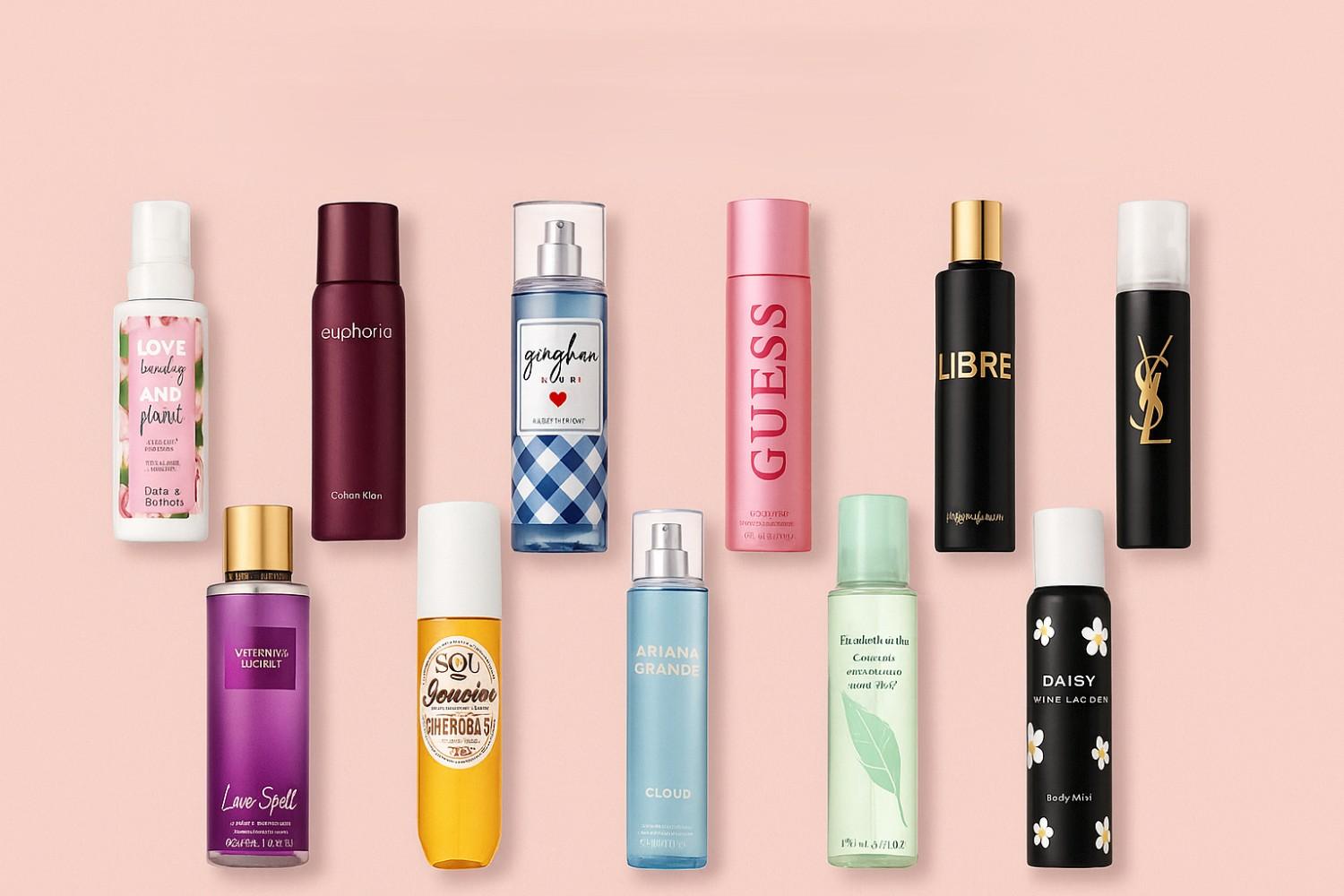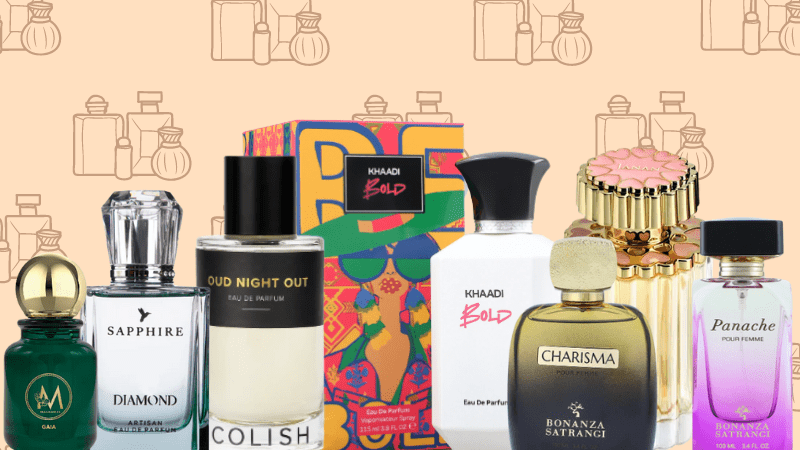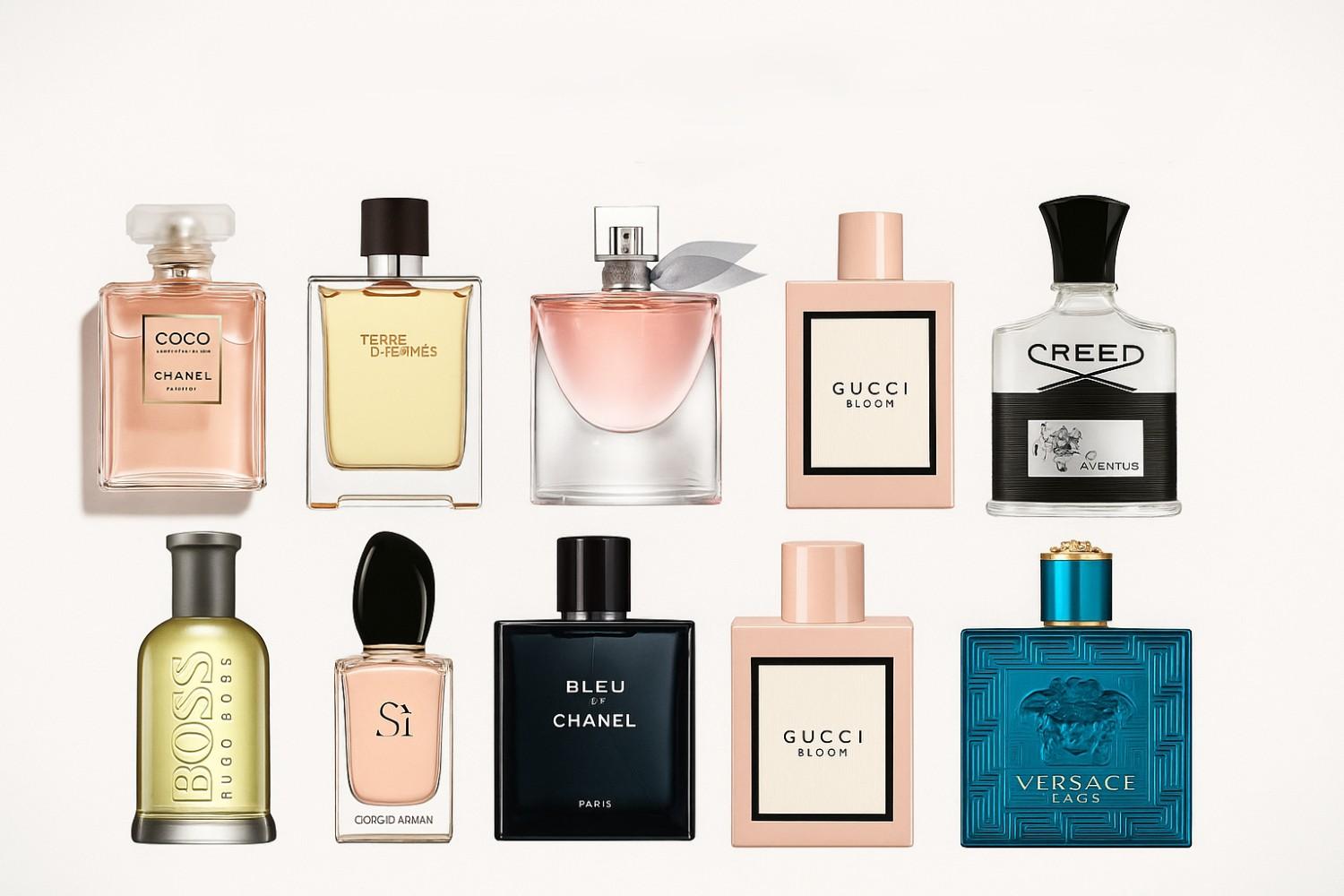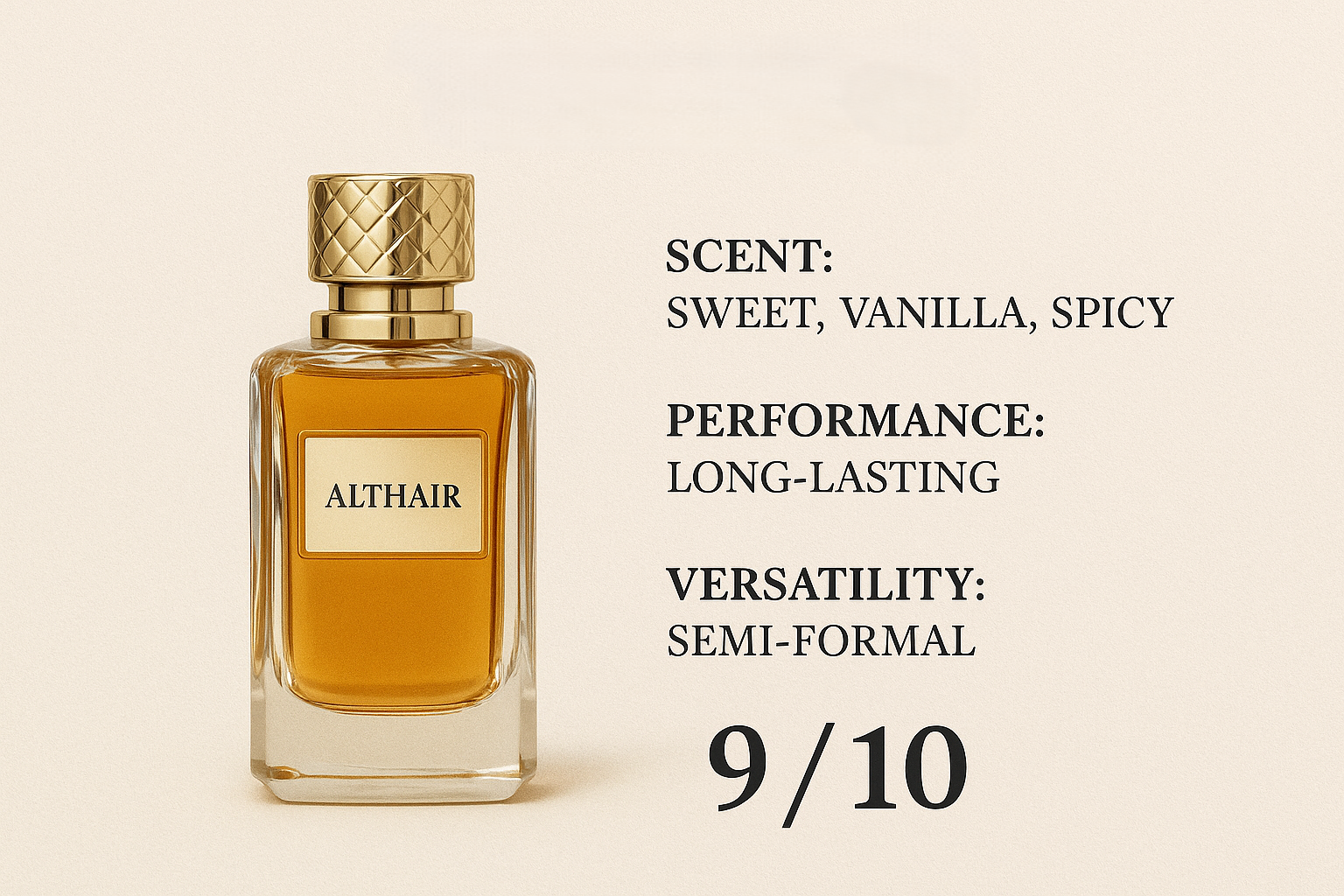How to Choose the Right Perfume | Complete Guide 2025
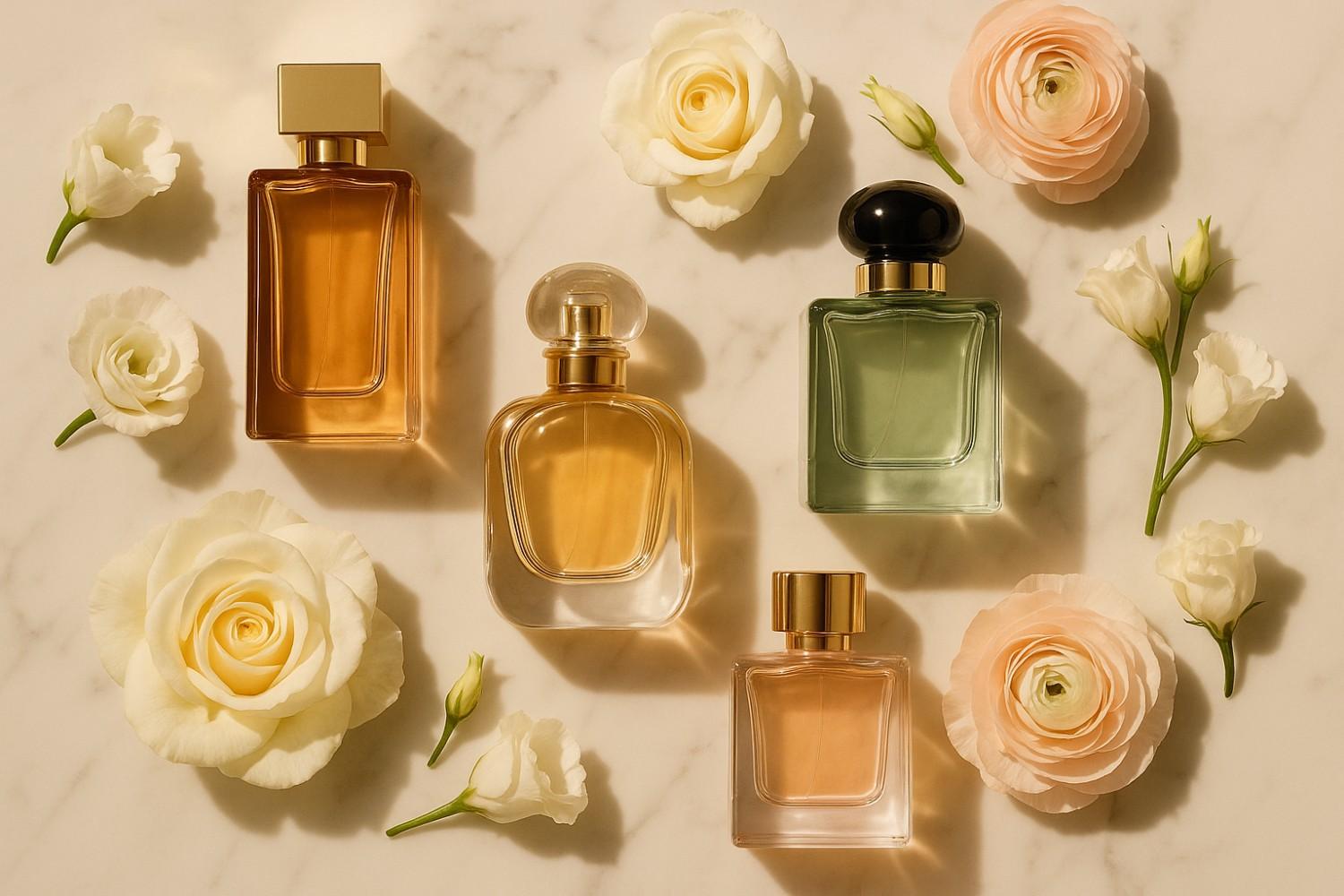
Choosing the right perfume is not as simple as grabbing the first pretty bottle off the shelf. A fragrance is deeply personal it becomes part of your identity, the impression you leave behind, and even the memory others associate with you. In 2025, perfumes have moved beyond just smelling nice; they reflect lifestyle, mood, and even values, with trends like sustainable ingredients, gender-neutral scents, and niche houses gaining popularity.
Whether you’re new to the world of fragrances or looking for your next signature scent, this complete guide will walk you through everything you need to know about finding the perfect perfume.
Understanding Perfume Basics
Before diving into how to choose the right perfume, it’s important to understand how fragrances are built. Perfume is more than just a mix of pleasant smells it’s a carefully layered composition crafted to evolve over time.
What Is Perfume?
Perfume is a blend of essential oils, aroma compounds, and fixatives dissolved in alcohol or water. The concentration of oils determines how strong and long-lasting the scent is. While many people use “perfume” as a general word, there are actually different categories such as parfum, eau de parfum, eau de toilette, and cologne, each with its own strength and longevity.
Fragrance Notes Explained
Every perfume is structured like a pyramid of notes:
Top Notes: The first impression of a fragrance, usually fresh and light, but they fade quickly. Think citrus, herbs, or fruits.
Middle (Heart) Notes: The core of the fragrance, lasting longer than the top notes. Often floral, spicy, or fruity.
Base Notes: The foundation of the fragrance that lingers for hours. Common notes include musk, amber, woods, and vanilla.
This layered structure is why a perfume smells different when you first spray it compared to hours later.
Perfume Concentrations
Perfumes differ in strength based on oil concentration. Here’s a quick breakdown:
Parfum (20–30% oils): The richest and longest-lasting.
Eau de Parfum (EDP, 15–20% oils): Strong, balanced longevity, popular choice for daily wear.
Eau de Toilette (EDT, 5–15% oils): Lighter, more refreshing, fades faster.
Eau de Cologne (EDC, 2–5% oils): Very light, best for a quick refresh.
This matters because choosing the right concentration will depend on when and how you plan to wear the fragrance.
Fragrance Families and Categories
Perfumes are grouped into “families” based on their dominant scent profiles. Knowing these will help you identify what types you naturally gravitate towards.
Floral: Roses, jasmine, lilies soft, romantic, and classic.
Oriental: Spices, amber, resins warm, exotic, and bold.
Woody: Sandalwood, cedar, vetiver earthy, elegant, and grounding.
Fresh: Citrus, aquatic, green clean, sporty, and energizing.
Gourmand: Vanilla, chocolate, coffee sweet, edible, and comforting.
Perfume Trends in 2025
Fragrance fashion shifts just like clothing. In 2025, we’re seeing a rise in:
Unisex perfumes that blur traditional gender lines.
Sustainable and eco-friendly scents made with ethically sourced ingredients.
Niche fragrances from smaller perfume houses offering unique, artistic blends.
Exploring these trends may help you discover something new beyond mainstream designer perfumes.
How to Choose the Right Perfume
Now that you know the basics, let’s get to the heart of the matter: how do you actually choose the right perfume?
Consider Your Personality and Lifestyle
Perfume is an extension of who you are. Ask yourself what you want your scent to say about you.
Bold & Confident: Spicy, woody, or oriental fragrances.
Romantic & Gentle: Soft florals or powdery musks.
Energetic & Sporty: Fresh, citrusy, or aquatic notes.
Elegant & Timeless: Classic florals, amber, or oud.
If you spend most of your time in professional environments, you might prefer subtle, clean scents. On the other hand, for nightlife or special occasions, something deeper and more sensual could be ideal.
Match with Occasions
Not every perfume works everywhere. Just like clothes, fragrances can be occasion-specific.
Daily wear/Office: Light and inoffensive, such as fresh or citrus-based perfumes.
Date nights: Romantic florals or gourmand scents.
Evening events: Stronger oriental or woody blends.
Summer days: Crisp aquatics and refreshing citrus.
Winter nights: Warm amber, vanilla, and oud.
Skin Chemistry Matters
One of the biggest mistakes buyers make is choosing a perfume based only on how it smells on a paper strip. Perfume reacts differently to everyone’s skin due to body chemistry, pH, and even diet. Always test directly on your wrist or inner elbow, then let it develop for at least 30 minutes before deciding.
Practical Buying Guide
Choosing the right perfume doesn’t end with picking a scent family you also need to shop smart.
Where to Buy Perfume in 2025
In-store: Department stores, boutiques, and niche fragrance shops are great for testing scents firsthand.
Online: With detailed descriptions, reviews, and samples, buying perfume online has become easier. Stick to trusted retailers or brand websites to avoid counterfeits.
How to Test Perfumes Properly
Don’t test more than 3–4 fragrances at once; your nose will get overwhelmed.
Use test strips for a first impression, but always try on skin before buying.
Give the fragrance time to evolve what you smell at first is not what you’ll smell hours later.
Designer vs. Niche vs. Dupes
Designer perfumes (Chanel, Dior, Armani) are popular and accessible but may feel common.
Niche perfumes (Byredo, Creed, Le Labo) offer unique blends and exclusivity, often with higher prices.
Dupes/Inspired perfumes are affordable alternatives that mimic luxury scents, though longevity may vary.
Avoiding Fake Perfumes
Counterfeit perfumes are everywhere online. To avoid fakes:
Buy only from authorized sellers.
Check the packaging for spelling errors or cheap printing.
Look for batch numbers or authenticity codes.
Expert Tips for Perfume Lovers
Industry professionals often share insights that can completely change how you use perfume.
Layering Perfumes
Mixing two fragrances can create a unique, personalized scent. For example, a vanilla-based perfume pairs beautifully with floral or woody notes.
Storing Perfumes Correctly
Perfumes are delicate. Keep bottles away from direct sunlight, heat, and humidity. Store them in a cool, dark place to extend their shelf life.
Seasonal Scents
Just as you swap clothes between seasons, rotating perfumes keeps things fresh:
Summer → Light florals, citrus, aquatics.
Winter → Spicy, woody, gourmand scents.
Best Perfume Recommendations for 2025
Here are some standout choices making waves in 2025.
For Men
Dior Sauvage Elixir – Spicy, bold, long-lasting.
Bleu de Chanel Parfum – Elegant, versatile, timeless.
Tom Ford Oud Wood – Luxurious, woody, and mysterious.
YSL Y Eau de Parfum – Fresh yet powerful, perfect for office and evening.
Creed Aventus – Iconic, masculine, sophisticated.
For Women
Chanel Coco Mademoiselle Intense – Classic floral with a modern twist.
YSL Libre Le Parfum – Warm, sensual, perfect for nights out.
Lancôme La Vie Est Belle Intensement – Sweet and long-lasting.
Byredo Mojave Ghost – Unique, light, and elegant.
Marc Jacobs Perfect Intense – Playful, youthful, and confident.
Unisex & Gender-Neutral
Le Labo Santal 33 – Iconic woody leather fragrance.
Maison Margiela Replica Jazz Club – Warm tobacco and vanilla.
Escentric Molecules Molecule 01 – Minimalist yet mesmerizing.
Diptyque Philosykos – Fresh, green, and earthy fig scent.
Jo Malone Wood Sage & Sea Salt – Clean and coastal, suitable for everyone.
Conclusion
Choosing the right perfume in 2025 is about more than just scent it’s about finding something that matches your personality, lifestyle, and occasions while making you feel confident and authentic. With so many options available, from designer classics to niche exclusives and sustainable newcomers, there has never been a better time to explore fragrances.
Take your time, test perfumes on your skin, and don’t be afraid to experiment with seasonal or layered scents. Ultimately, the right perfume is the one that feels like you.
FAQ'S
1. How do you know which perfume is right for you?
The right perfume feels natural, complements your personality, and lasts well on your skin. Test fragrances on your wrist, let them develop for 30 minutes, and notice how they make you feel. If the scent feels comfortable and enhances your confidence without being overwhelming, it’s likely the right choice for you.
2. How do you choose a good perfume?
A good perfume matches both your skin chemistry and lifestyle. Start by exploring fragrance families floral, woody, oriental, or fresh and test them on your skin rather than paper strips. Consider where and when you’ll wear it. A perfume that lasts long, smells appealing throughout its dry-down, and feels authentic to you is a good pick.
3. Which type of perfume lasts the longest?
Parfum, also called extrait de parfum, lasts the longest because it has the highest concentration of fragrance oils, usually between 20–30%. This makes it richer, more intense, and capable of lasting over 8–12 hours. Eau de Parfum (EDP) is the next best option for longevity, offering a balance of strength and wearability.
4. How to match perfume to body chemistry?
Perfume reacts differently depending on your skin type, pH levels, and even diet. Always test on your skin instead of paper strips, and let the scent develop for 30–60 minutes. Notice whether it becomes sweeter, stronger, or fades quickly. Choose perfumes that smell pleasant and remain balanced with your natural scent over time.
5. Does perfume expire?
Yes, perfumes do expire. On average, a fragrance lasts three to five years, depending on storage. Signs of expiry include a change in color, a sour or off smell, and weaker performance. To extend life, keep perfumes away from heat, sunlight, and humidity. Properly stored perfumes can sometimes last much longer without spoiling.
6. How to find your signature scent?
Finding your signature scent takes time and experimentation. Start by exploring different fragrance families, test perfumes directly on your skin, and notice which ones feel most comfortable. A signature scent is one that reflects your personality, suits different occasions, and makes you feel confident. Once people begin recognizing you by that fragrance, you’ve found it.
7. How to choose the right perfume for your personality?
Your perfume should reflect who you are. If you’re bold and confident, woody or oriental scents work well. Romantic personalities often gravitate toward florals, while sporty types prefer fresh or citrusy notes. Elegant and timeless individuals may prefer amber or oud. The key is selecting a fragrance that feels authentic and matches your lifestyle.

